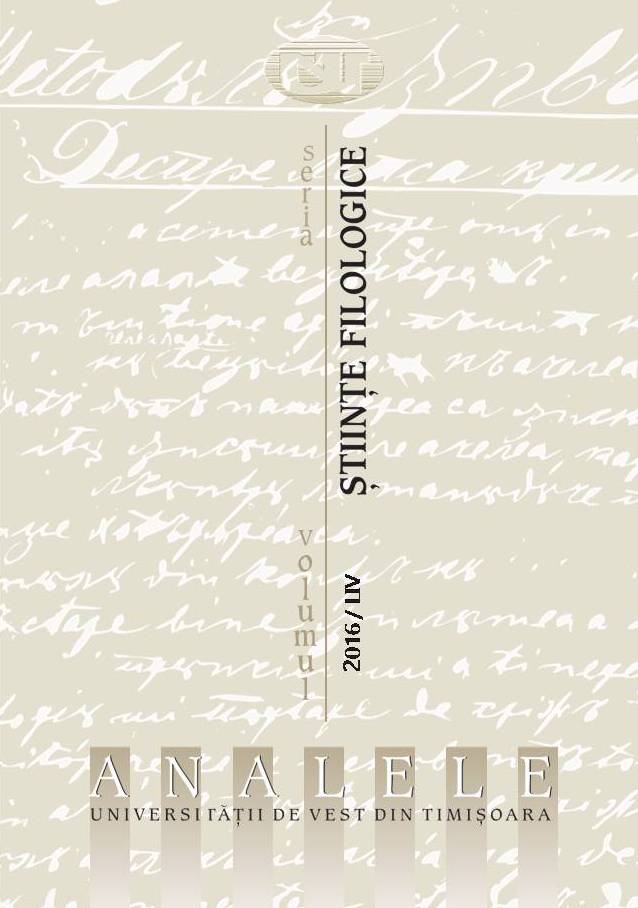Enseñar literatura después de Derrida (reflexiones entorno a la enseñanza literaria desde el New Formalism)
Teaching Liteature after Derrida (Reflections on Literary Education since the New Formalism)
Author(s): Adolfo Rodríguez PosadaSubject(s): Theory of Literature
Published by: Editura Universităţii de Vest din Timişoara
Keywords: New Formalism; teaching literature; deconstruction; Yale school; hermeneutical relativism
Summary/Abstract: Marjorie Levison introduced the notion of New Formalism in 2007, to name a movement within literary criticism which vindicates the methodological principles of New Criticism, with the aim of dealing with the questions posed by the indeterminacy and undecidability of literary meaning, as upheld by the deconstructive critics. From then on, several researchers have joined the movement, such as Verena Theile and Linda Tredennick, who edited the volume New Formalism and Literary Theory (Palgrave Macmillan, 2013). This work is remarkable because it provides the Neoformalist methodological basis. Both Theile and Tredennick start from pedagogical premises with a view to recovering close reading as a didactic method for teaching literature, but without contradicting at any time the deconstruction theory on the instability of literary meaning. Despite the newness of approaching Derrida’s theory from a pedagogical point of view, the New Formalist perspective does not clarify the issue of the impact of hermeneutical relativism on education. The present article engages with the matter in the light of Theile and Tredennick’s didactic proposal and, in addition, weighs the consequences for teaching literature, considering the deconstructive denial of hermeneutical consensus.
Journal: Analele Universităţii de Vest din Timişoara.Seria ştiinţe filologice
- Issue Year: 2016
- Issue No: 54
- Page Range: 85-94
- Page Count: 10
- Language: Spanish

